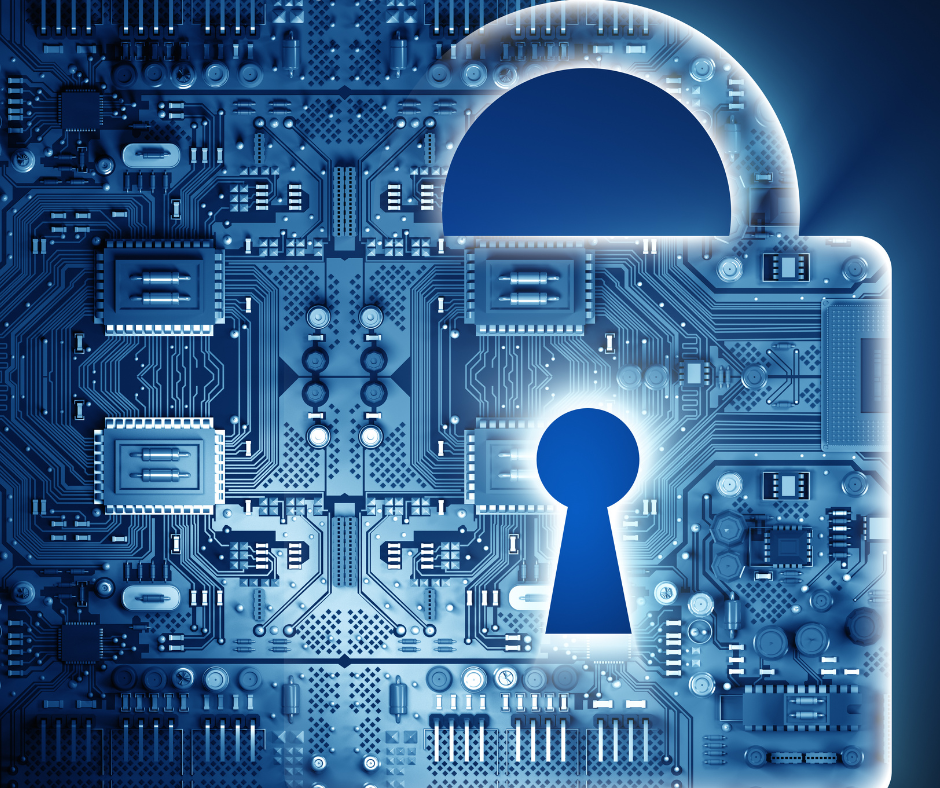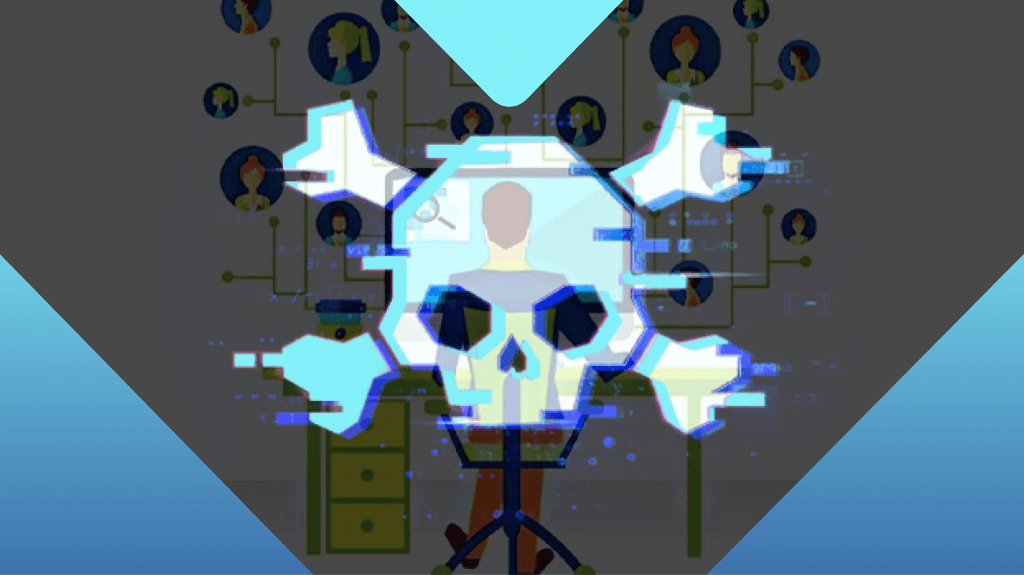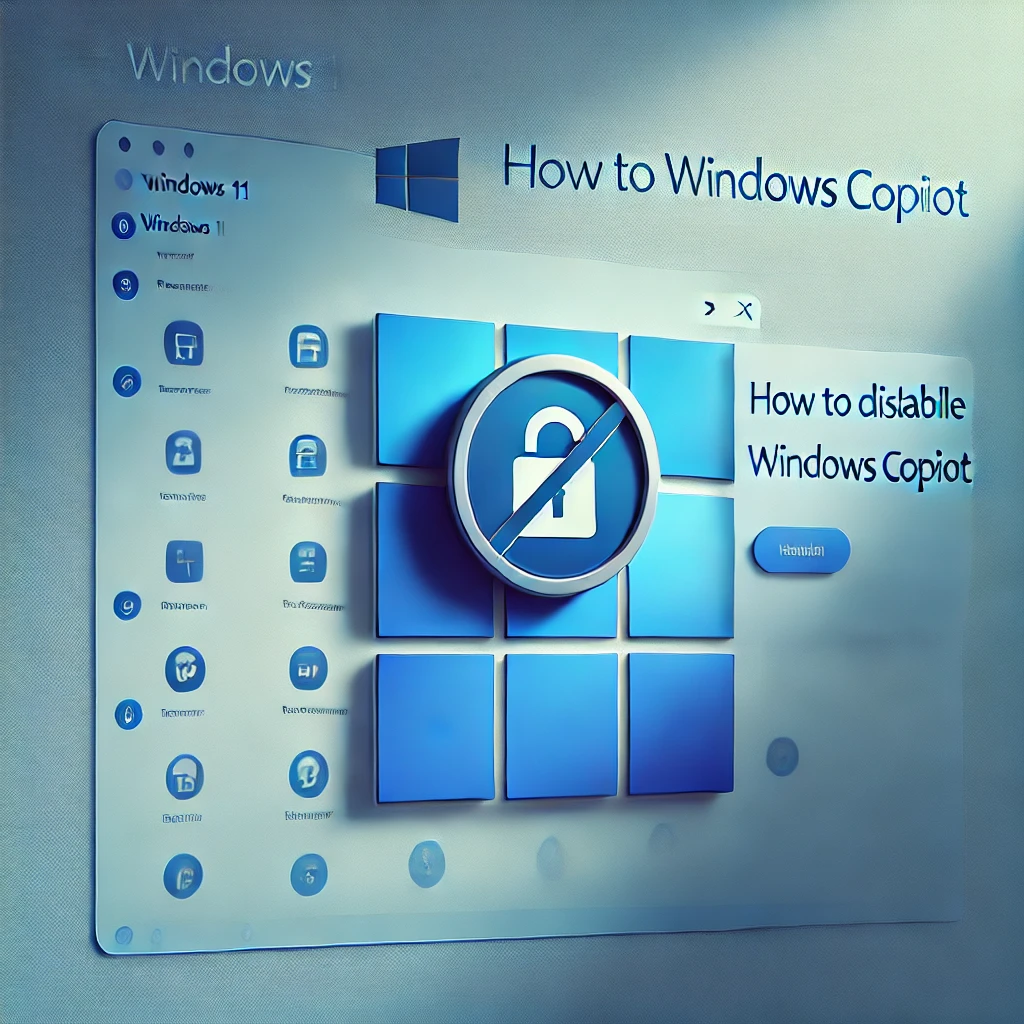Types of Attacks Your Business Could Experience
Small and large businesses are both at risk of cybersecurity threats. While some may think that small businesses fly under the radar of cybercriminals, such is not the case, as it’s possible for hackers to target hundreds or even thousands…

Small and large businesses are both at risk of cybersecurity threats. While some may think that small businesses fly under the radar of cybercriminals, such is not the case, as it’s possible for hackers to target hundreds or even thousands of small businesses at one time. Due to this fact, it’s necessary to stay vigilant no matter the size of business you run.
What is a Cyberattack?
A cyberattack is when your system or network is accessed by an unauthorized third party. The person who carries out this attack is often called a hacker, cybercriminal, or attacker.
There are plenty of negative effects related to cyberattacks. These include:
- Data breaches that result in data loss/data manipulation
- Financial loss
- Loss of customer trust
- Damage to business reputation
Cybersecurity is the used method to prevent and resolve cyberattacks. With cybersecurity, safeguard your networks and systems from unauthorized third party access.
Types of Cyber Attacks
There are many types of cyberattacks to be aware of, and the more you and your staff know about them, the better prepared you’ll be to prevent and combat them. Here are some types of cyberattacks that could affect your business:
Phishing Attacks
Phishing is the biggest and more widespread threat to cybersecurity, as they account for 90% of all attacks that organizations face. They’ve grown 65% over the past year and account for $12 billion in business losses.
A phishing attack is when a cybercriminal pretends to be someone that you trust and convinces you to click a link, download a malicious file, or allow them access to sensitive information.
Phishing attacks are hard to fight since they target the human side of a business rather than weak spots in technology. But there are a few ways your business can remain tough against them:
- Implement a strong email security gateway that reports phishing emails and allows admins to delete them from all inboxes.
- Use multi-factor identification to add another layer of security to the authentication process.
- Introduce security awareness training so your employees have the skills to recognize and report phishing scams.
Malware Attacks
Malware attacks include trojans and viruses, and hackers use them to gain access to networks, steal data, and destroy data. This type of attack typically stems from malicious website downloads, spam emails, or a connection to other infected machines/devices.
Malware is detrimental for small businesses because it can take down devices and qualify them for costly repairs or replacement. Malware provides hackers with a back door to access data, which may put customers and employees at risk. Smaller businesses are also more likely to employ people who use their own devices for work, and personal devices have a higher risk for malicious downloads.
You can prevent malware by having tough technological defenses in place that protect you against malware downloads. It’s also necessary to warn employees against visiting malicious web pages and downloading software.
Ransomware Attacks
Ransomware is one of the most common cyberattacks, along with the most lucrative. Ransomware attackers encrypt a company’s data so it cannot be used, essentially holding it hostage, and then force the company to pay a ransom if they want their data unlocked.
This forces business owners to choose – pay the ransom, run the risk of not getting your data back, and lose a good chunk of money, or cripple the business with a loss of data.
Attackers are aware that smaller businesses are more likely to comply with their demand for a ransom because their data, more often than not, isn’t backed up and they need it freed ASAP.
To prevent ransomware attacks, implement strong endpoint protection that keeps ransomware from being able to encrypt data. You should also have a backup solution in place, preferably one that uses the cloud. This can help mitigate data loss. When you back up your data, your cybersecurity team can help you quickly recover without having to pay any ransom amounts or lose any productivity.
Password Attacks
Weak or easily-guessable passwords can be a big threat to big and small businesses alike. If you use the same password for services that contain sensitive data and financial information, your data might become compromised.
Many professionals aren’t aware of the damage that weak passwords can do. To make sure your employees are only using the most effective passwords, consider business password management technologies to manage passwords for their accounts, suggesting strong ones that can’t be guessed easily.
Multi-factor identification is another way to combat this threat, because this authorization needs more than just a password before it will give someone access.
Your Solution to Cyberattacks
Barricade Cyber Solutions is your best bet to prevent cyberattacks of any kind. We offer 24/7 monitoring services and we are passionate about keeping your data and other sensitive information safe.
Get in touch with us today to learn what we can do for your business.
RELATED
RTM – Remote Monitoring & Management (RMM) Tools
Topic: Ransomware Tool Matrix Focus: Remote Monitoring & Management (RMM) Tools An RMM (Remote Monitoring and Management) tool is a…
REMCOS Remote Control & Surveillance Software
What Is Remcos? aka: RemcosRAT, Remvio, Socmer Actor(s): APT33, The Gorgon Group, UAC-0050 Remcos (short for Remote Control and Surveillance) is a commercial…
How to Disable Windows CoPilot: A Step-by-Step Guide
Windows CoPilot is Microsoft’s latest AI-powered assistant, integrated directly into Windows 11. It’s designed to help users by providing personalized…



